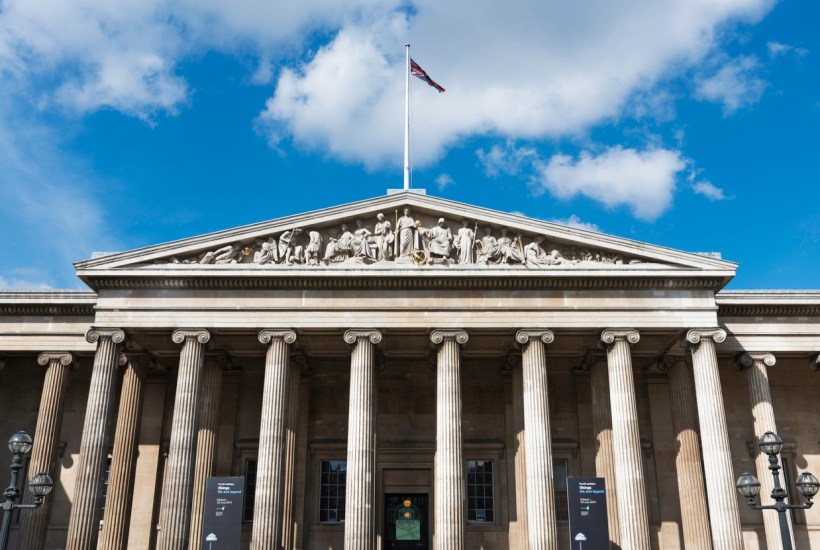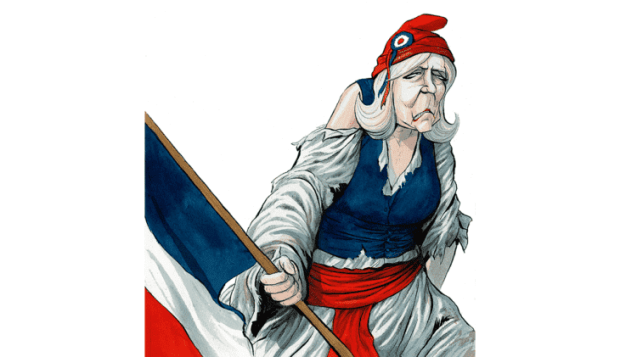The British Museum has announced the appointment of a curator to study the history of its own collections. On the face of it, nothing could be more anodyne. The history of collecting has been a fashionable topic in academic circles for decades. What sort of people collected, why, and how, tells us much about their cultural assumptions and their ways of seeing the world.
Already a subscriber? Log in
Subscribe for just $2 a week
Try a month of The Spectator Australia absolutely free and without commitment. Not only that but – if you choose to continue – you’ll pay just $2 a week for your first year.
- Unlimited access to spectator.com.au and app
- The weekly edition on the Spectator Australia app
- Spectator podcasts and newsletters
- Full access to spectator.co.uk
Or




















Comments
Don't miss out
Join the conversation with other Spectator Australia readers. Subscribe to leave a comment.
SUBSCRIBEAlready a subscriber? Log in